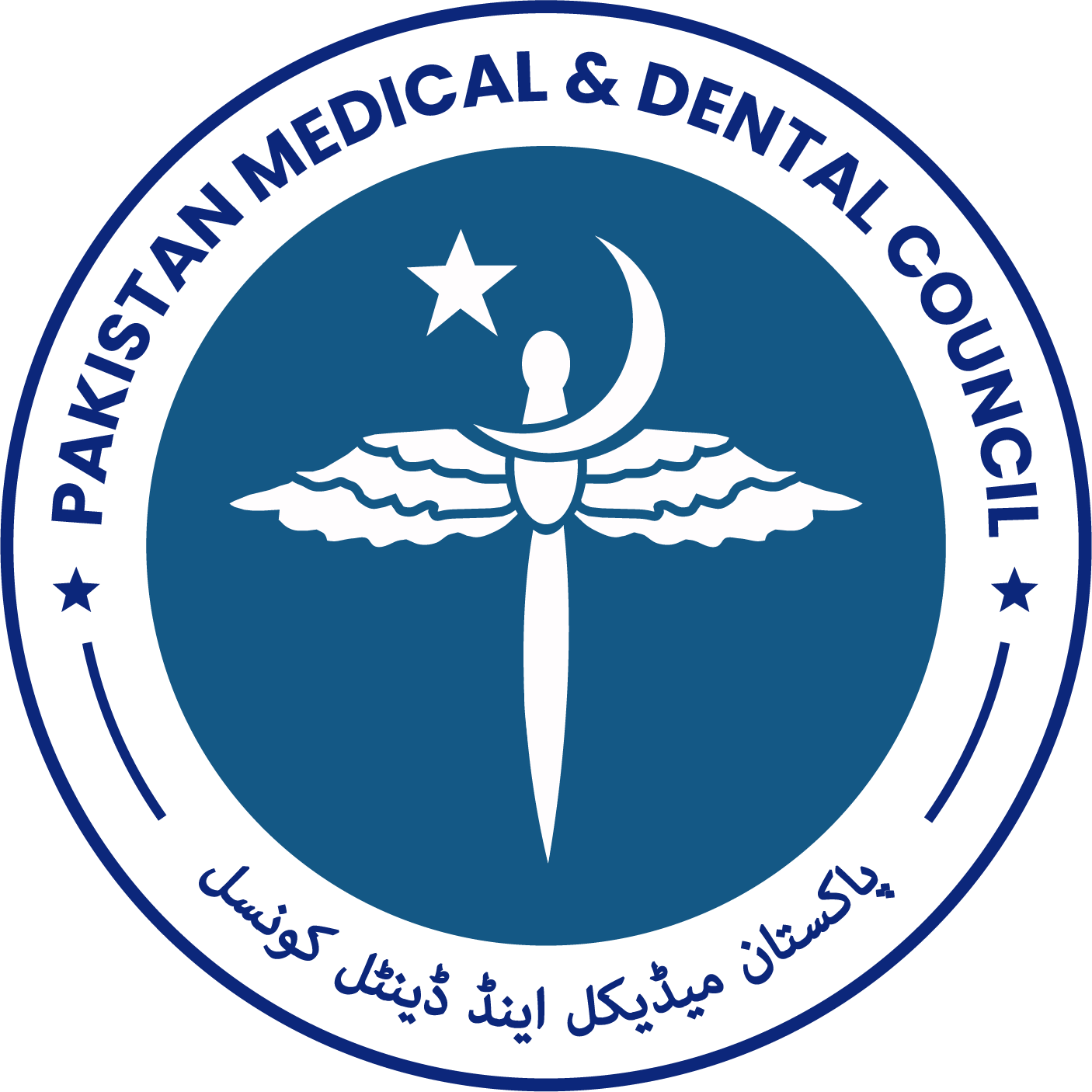Sleep Quality and Psychological Distress Among Undergraduate Students at a Private Medical and Dental College of Islamabad: A Cross-Sectional Study
DOI:
https://doi.org/10.37185/LnS.1.1.1023Keywords:
Medical College, Psychological Distress, Sleep Quality, Undergraduate StudentAbstract
Objective: To find the relationship between sleep quality and psychological distress among undergraduate
medical college students; to investigate the influence of demographic variables such as age, gender, year of
study, residence, BMI, screen time, exercise, smoking status, and hostel/day scholar status on sleep quality and
psychological distress; and to identify which component of psychological distress (anxiety, depression, or
stress) shows the strongest correlation with poor sleep quality.
Study Design: Cross-sectional study.
Place and Duration of Study: The study was conducted at the Department of Community Medicine, HBS
Medical and Dental College, Islamabad, Pakistan from August 2024 to July 2025.
Methods: A total of 320 undergraduate medical students were enrolled. A stratified random sampling
technique was applied. Validated scales were used to assess sleep quality and psychological distress. Data were
collected using a structured proforma and analyzed using SPSS version 25.0.
Results: Among 320 undergraduate medical students, 55.0% were females, and the mean age was 21.37 ±
1.546 years. The correlation between sleep quality and demographic variables was significant for BMI, exercise,
and screen time. Sleep quality also showed a significant association with psychological distress components,
including depression, anxiety, and stress. Multiple linear regression indicated that, among demographic
factors, age, exercise, and screen time, and among psychological variables, depression, anxiety, and stress were
significant predictors of sleep quality.
Conclusion: The study concluded that poor sleep quality was prevalent among undergraduate medical
students and was significantly correlated with psychological distress. Depression, anxiety, and stress were
found to be important contributing factors influencing sleep quality.
How to cite this: Zubair AA, Zubair FA, Gillani SMAHS. Sleep Quality and Psychological Distress Among Undergraduate Students at a Private Medical and Dental College of Islamabad: A Cross-Sectional Study. Life and Science. 2025; 6(4): 455-463. doi: http://doi.org/10.37185/LnS.1.1.1023











